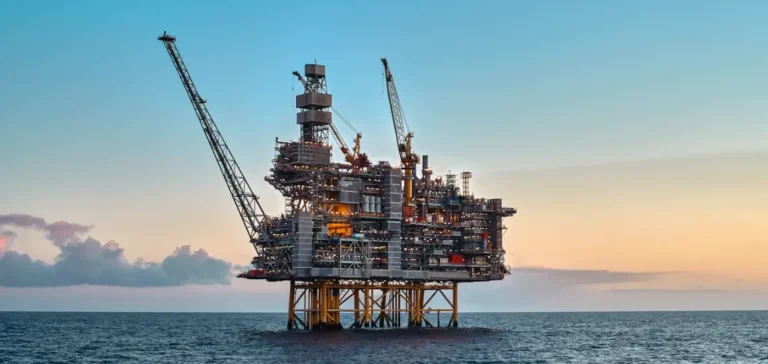TotalEnergies has confirmed the acquisition of a 25 % stake in forty exploration permits operated by Chevron on the Outer Continental Shelf (OCS), covering about 1 000 km² off the United States. The agreement, announced in a statement by the French company on June 16, strengthens cooperation between the two groups in deep-water oil exploration. The blocks lie between one hundred seventy-five and three hundred thirty kilometres from the coastline in areas regarded as mature yet still prospective in the Gulf of Mexico. No transaction value was disclosed.
Block location
The portfolio comprises thirteen Walker Ridge blocks, nine Mississippi Canyon blocks and eighteen East Breaks blocks, spread across water depths that sometimes exceed two thousand metres. Chevron remains operator, while TotalEnergies will gain full access to three-dimensional seismic data to support forthcoming drilling decisions. According to the Bureau of Ocean Energy Management, these areas have delivered several commercial discoveries over the past decade. The companies intend to seek federal regulatory approvals before starting work.
The two companies already cooperate on several producing projects, including Jack (25 %) and Tahiti (17 %) for TotalEnergies. The acquisition aligns with the group’s strategy of targeting “low-cost, low-emission” projects, the statement said. It follows the start-up of Anchor in two thousand twenty-four, where TotalEnergies holds 37.14 %, and precedes the planned launch of Ballymore in two thousand twenty-five, where its share reaches 40 %. The new portfolio should provide additional diversification and could extend the life of existing infrastructure.
Joint projects
Anchor, the first US field to deploy a fifteen-thousand-psi high-pressure production system, reached its initial production plateau in less than six months. Ballymore relies on re-using the Na Kika floating unit, which lowers capital and operating costs for the partners. TotalEnergies believes the experience gained on these projects will enhance the future development of the newly acquired licences. The US Department of the Interior recently noted that OCS leases account for nearly thirty % of national oil output.
“We plan to finalise drilling decisions quickly in order to unlock the still untapped potential of the Gulf of Mexico,” said Kevin McLachlan, Exploration Director at TotalEnergies, in the statement.






















